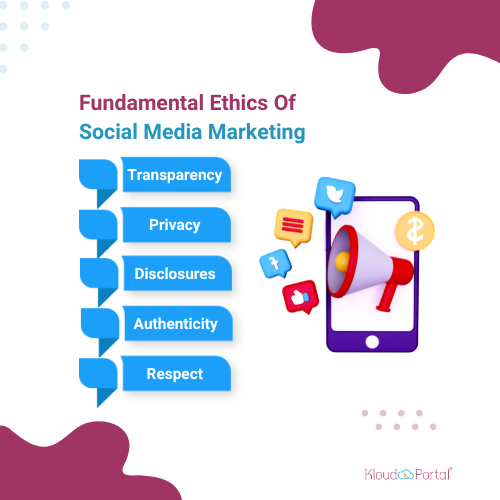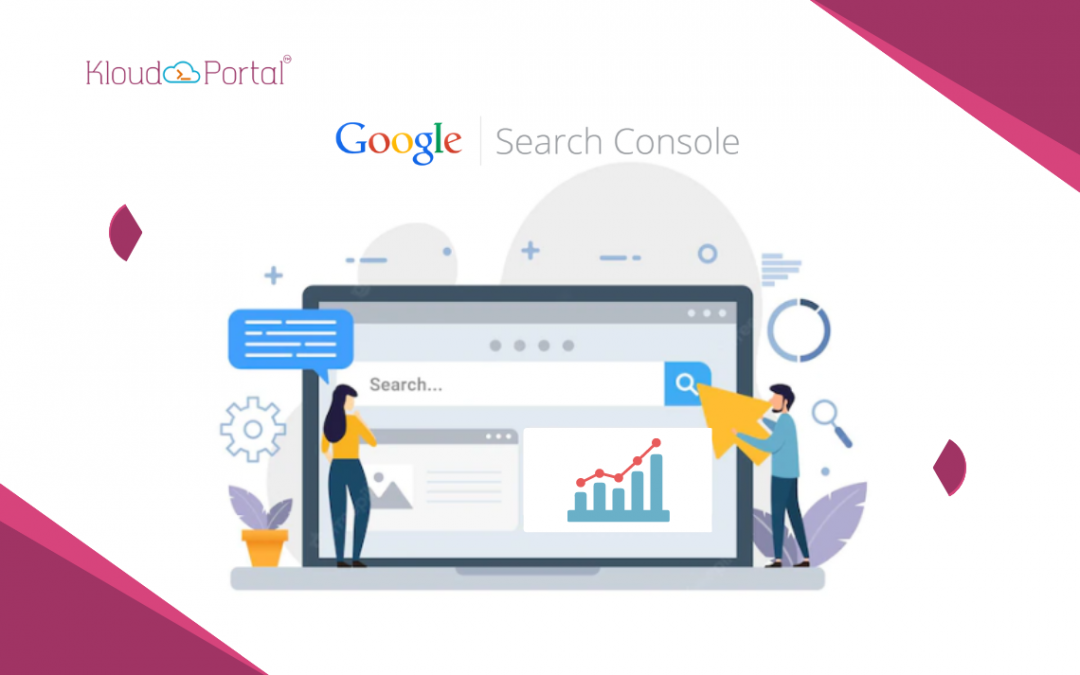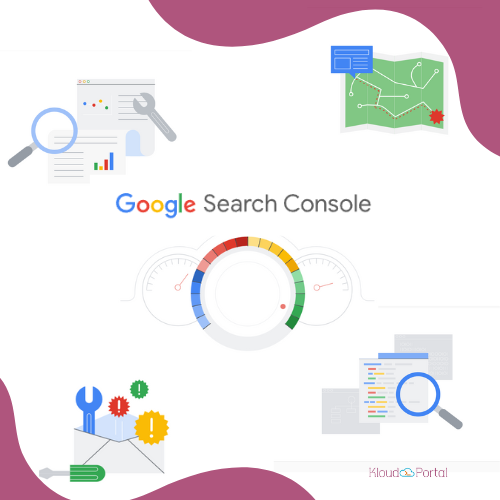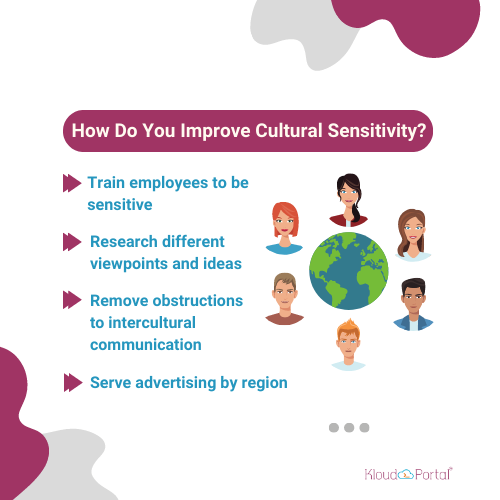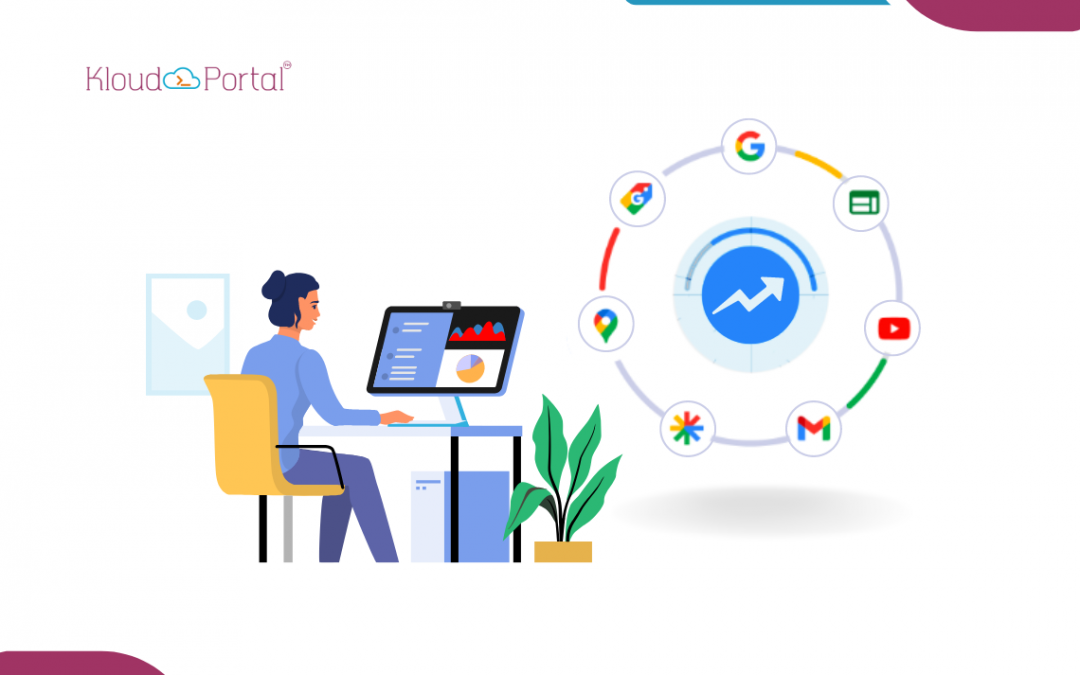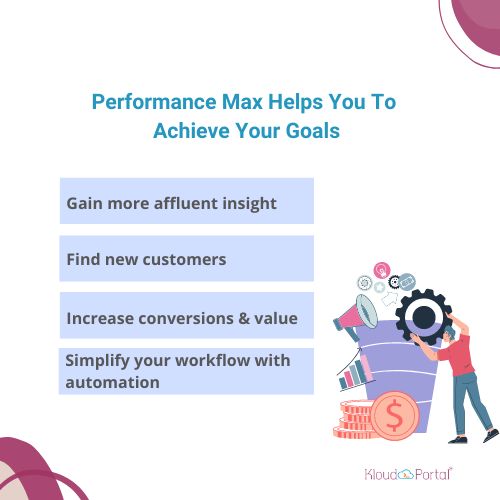
Why is Ethical Digital Marketing Important
Digital marketing has become popular in recent times due to its wide reach. Entrepreneurs started using digital marketing services such as social media marketing, pay-per-click, content writing, SEO services, and online reputation management to reach and appeal to a huge audience. The best social media marketing agency is the one that follows ethical marketing despite challenging situations and witnesses good results in the long term.
Ethical Business Practices In Digital Marketing And Social Media Platforms
Ethical principles are important in the business world for two major reasons.
- To win customer trust and loyalty: Customers tend to switch brands when an organization’s business practices appear shady. People are usually more willing to spend an extra few dimes for a product from a trustworthy brand than to purchase the same product at a significantly lower cost from a lesser-known label.
- To enhance brand image: A business grounded in strong core values wins people’s trust and respect. A good image also enhances the brand value and increases its value in the share market. Unethical practices can cause long-term negative impacts on a business and damage its reputation.
The best digital marketing services can help you adhere to the following business ethics:
Honesty in product representation
Sometimes, we find online marketers giving product descriptions that are far from truthful advertising. The false statements increase the customers’ expectations and lure them into purchasing, while the actual product differs from what is described on the website. A common practice in the marketing industry is editing product images using Photoshop to make them look very appealing. Some sellers go as far as posting fake online customer reviews for their products to attract sales. They fail to understand that though their unethical business operations may bring them quick profit, it impacts the customers’ trust in making large purchase decisions.
Consumers’ privacy and data confidentiality
Consumer data collection is a business practice that most organizations follow to know their clients’ preferences to serve them better. Most seller websites place cookies in the user’s browser to study consumer behavior, including their online behavior, most-searched keywords, geographic location, contact details, and more. While the capture of this data is justified, many users today are concerned about sharing the data with third-party websites for monetary purposes, which is the leading cause of cybercrime and identity theft.
A host of ethical issues would pop up if the business does not work towards maintaining the data confidentiality of its clients.
Transparency
E-commerce sites should maintain transparency by notifying consumers before collecting their personal information, including email addresses which they could use later for email marketing. They should also make the users aware of the purpose of collecting their details and give an option for them to exit if they are not willing to share their details.
The return and refund policies of most e-commerce sites remain unclear, with hidden terms and conditions. It carries a reputational risk to the business, and the customer may no longer find the business good enough. It is the social responsibility of digital platforms to maintain transparency in their policies and procedures.
Accountability/ Ownership
Artificial intelligence has replaced a lot of professional capabilities of traditional media today. Almost every business model uses a well-formatted algorithm to make quick and important decisions. The downside to this technological advancement is the lack of accountability for any undesirable consequences that decisions made through machine learning capabilities may bring forth. Ethical practices require businesses to take up ownership of the decisions.
Avoid discrimination
After thorough market research, many marketing campaigns today follow target-based advertising by choosing a group audience to display their products and build a customer base. This effective online marketing strategy is legally acceptable if it filters the target audience only based on their ‘need’ for certain products or services. However, target advertising becomes ethically diluted if the choice of target consumers is based on their race, color, or other discriminatory factors.
Content marketing ethics
At times, a digital marketer may copy the intellectual property of other e-commerce stores, including their online content, website design, images, etc. Replication of the marketing strategies of other businesses could mean a lack of your own digital marketing efforts from the consumers’ perspective. It could also lead to legal issues that negatively impact your credibility.
It is good to partner with digital marketing services to provide strategic plagiarism-free content for your website.
Laws That Combat Unethical Marketing Practices
As reported by Microsoft in 2021, 21% of cyber attacks targeted consumers, and 79% of attacks aimed at enterprises. Social media sites are easy bait for online hackers, where they target several social media users through luring adverts. There are federal laws in place to combat ethical issues in digital and traditional marketing that may also be the first level of cybercrime. A few of the laws are listed below.
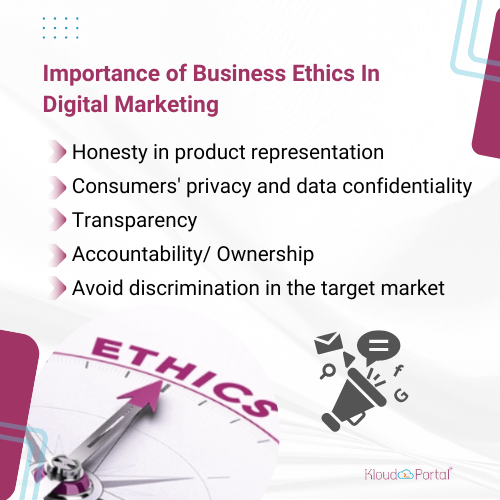
The FTC Act
It prohibits deceptive advertising and false promises that can mislead consumers.
Copyright, Designs and Patents Act 1988
It regulates the rules to follow in a digital marketing campaign and safeguards the use of cookies. It also defines a content owner’s copyrights on their written content and images and the legal actions for violating them.
Data Protection Act 1998
It ensures accuracy, data integrity, confidentiality, and accountability. It covers the right of access to personal data and outlines the principles that digital marketers must follow if they deal with personal information. Revisions of this act are expected soon to accommodate new clauses.
Electronic Communications Act 2000
It defines the use of automated message systems in an electronic system.
Laws may vary among different political zones.
The Best Digital Marketers For Your Business
KloudPortal is the best digital marketing agency that provides an array of services using effective marketing tools. It has a dedicated marketing team that strategically leverages its digital marketing expertise while implementing the principles of ethical marketing to deliver outstanding results. Connect with them to avail of the best digital marketing services that pull up your e-commerce site to the topmost results on search engines.

Priyamvada Bulusu
About The Author…
Priyamvada B admires Nature, loves painting and takes interest in poems and short stories. She has a Masters Degree in English literature and a Bachelor’s degree in Science. She loves learning new things and solving puzzles based on logic. While she has a flair for creative writing, she is also good at researching valuable information and presenting it to the readers in the form of technical content writing.





